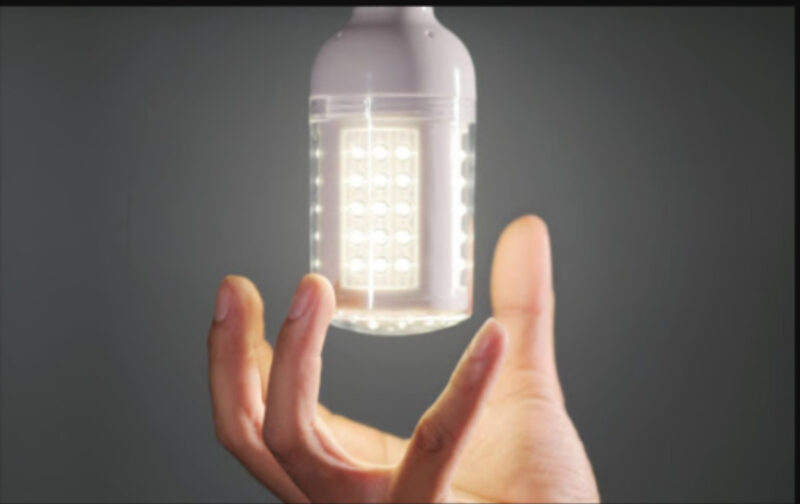Managing energy utilisation judiciously and enhancing energy productivity are enduring challenges. Both bear implications for cost savings, environmental sustainability and societal wellbeing. Traditional electrical solutions have served mankind over decades, but they show inadequacy in today’s context with rampant energy waste and high environmental footprint. This has brought smart electrical solutions into the limelight. They offer a powerful means to harness energy efficiency by leveraging advanced technology and intelligent system design. This article will explore this innovative response to the rising demands for energy and its effectiveness in enhancing energy efficiency.
Understanding Energy Efficiency
Energy efficiency pertains to maximising the useful output garnered per unit of input energy. It is a vital consideration since enhanced energy efficiency reduces the demand for energy resources. It curtails operational costs and mitigates harmful influence on the environment due to the lowered release of greenhouse gases. Electrical appliances and systems contribute heavily to energy consumption. Thus, a shift towards smart electrical solutions can play a key role in catalysing overall energy efficiency.
The Downfalls of Traditional Electrical Solutions
Traditional electrical solutions have a rich history, serving as the backbone for powering homes, business, and industries. However, their drawbacks are increasingly apparent. High energy consumption, frequent maintenance needs, limited lifespan, inefficient use of electricity and poor adaptability to varied demand scenarios are some common issues. Hence, a pivot towards sustainable and intelligent systems becomes essential. That’s where smart electrical solutions enter the picture, promising enhanced efficiency and offering a viable alternative.
An Overview of Smart Electrical Solutions
Smart electrical solutions are innovative, technology-driven responses to the energy efficiency challenge. They involve intuitive appliances, systems and grids capable of adjusting their operations according to the energy demand and supply dynamics. From energy-efficient lighting to automated temperature control equipment and smart power grids, a range of diverse solutions are available today. These solutions excel in energy efficiency by reducing waste, offering real-time monitoring, enabling energy savings, and providing longevity.
Case Studies: Smart Electrical Solutions in Action
Exploring real-world cases underlines the effectiveness of smart electrical solutions. For instance, a residential project in Melbourne switched to smart lighting solutions, reducing their energy consumption by upwards to 50%. On a larger scale, a commercial enterprise in Sydney, with a smart electrical heating and cooling system, noted a 30% decrease in energy wastage year-on-year. States like Tasmania have even enlisted smart power grids, leading to more efficient energy distribution, reducing wastage, and contributing to a more sustainable society. These stories underscore the potent reality that smart electrical solutions are making impressive strides in boosting energy efficiency.
Implementation of Smart Electrical Solutions
When contemplating the incorporation of smart electrical solutions, various factors warrant consideration. Procurement cost, ease of integration with the existing setup, long-term maintenance requirements and the time-frame for return on investment are key variables. Transitioning from a traditional to a smart system necessitates a tailored approach – a step-by-step upgrade is generally advisable. The upfront expense of installing smart electrical solutions will likely see an impressive return in the long run, given the energy savings and reduced maintenance costs. As for the road ahead, constant innovation and technology advancements promise a bright future for energy efficiency through smart electrical solutions.
Conclusion
Smart electrical solutions have strongly emerged as efficient, tech-savvy counterparts to traditional ones. Their role in boosting energy efficiency, as well as contributing to economic and environmental sustainability, is undeniably significant. As society moves towards a heightened consciousness of energy usage, these smart solutions seem increasingly indispensable. Given the potential they hold, delving deeper into this realm or consulting a professional for advice seems to be the intelligent way forward. Reflecting on their past successes and looking towards the future, one can’t help but envision a landscape where smart electrical solutions lead the charge in energy efficiency.
